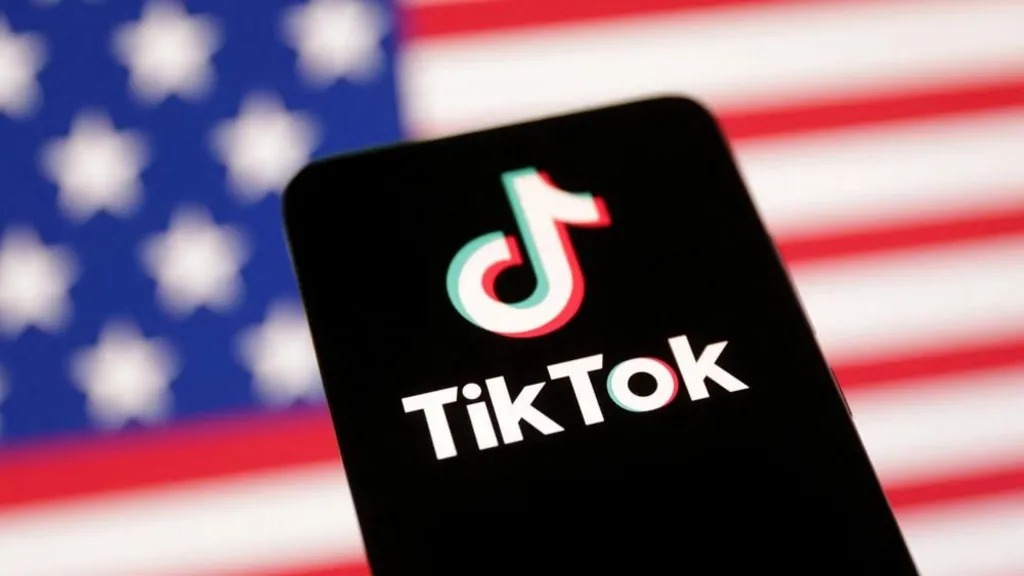
The Legal Battle
1. TikTok’s Argument Against the Ban
TikTok claims the ban violates its users’ free speech rights and is based on speculative threats. The app insists it operates independently of its Chinese parent company, ByteDance, and denies any influence from the Chinese Communist Party.
2. Government Concerns
The US government argues TikTok poses a grave national security threat, citing potential coercion by the Chinese government to access user data or manipulate content. Lower courts have sided with this assessment, prompting TikTok’s Supreme Court appeal.
Trump’s Role in the Case
3. Presidential Involvement
President-elect Donald Trump has requested a pause in enforcing the law to explore a diplomatic solution. Although he opposed TikTok during his first term, Trump now seeks to negotiate, supported by major donors with stakes in the app.
The Stakes for TikTok and Its Users
4. Impact of a Ban
A ban would force tech giants like Apple and Google to remove TikTok from app stores, effectively phasing it out in the US. Users and advocacy groups argue this would suppress free expression and set a dangerous precedent.
5. Industry Implications
The case has sparked broader debates about the intersection of national security and digital rights. Advocacy organizations, including the ACLU, warn that banning TikTok undermines democratic principles without clear evidence of harm.
What’s Next?
The Supreme Court’s decision is expected within days. Analysts predict a challenging path for TikTok, even with Trump’s intervention, given bipartisan support for the law and concerns over national security.



